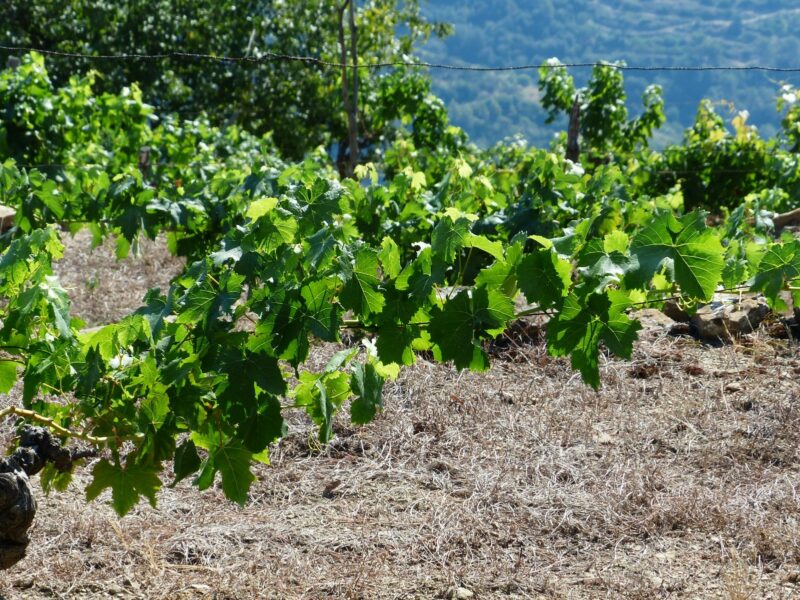
Not to Dazzle but to Die
Second Sunday of Lent. Fr John Patrick Kenrick preaches on our Lenten sacrifices.
Our readiness to make sacrifices for those we claim to love is a good indicator of the true extent of that love. A sacrifice can take many forms; sometimes we are just being asked to take someone seriously, to give a person some of our time. In the Old Testament there are occasions on which God asks for sacrifices, but there are also moments when He indicates that the wrong kind of sacrifices are being made; token offerings instead of a real change of heart.
Abraham is a fascinating character. He seems to be a rather ordinary nomadic herdsman whose simple time-honoured way of life might make a good article for the National Geographic. Then we think of the endearing qualities that make him stand out – above all his deep piety and the seriousness with which he treats God. Not only is he willing to offer God his only child, he also has a mystical trust that ‘God will provide Himself the lamb for a burnt offering’.
Abraham was not mistaken in his trust; in due course the divine response to this first expression of true faith would be a Son for a son. God always gives much more than He asks of us. In Lent we are being asked to grow in friendship with God by making sacrifices of the good things He has given us. To the rational creatures that we are it only makes sense to sacrifice something good for something better. The story of Abraham tells us not to be afraid of being generous to God, and to entrust our lives and our well-being to Him. As Saint Paul tells us in the letter to the Romans, ‘since God did not spare His own Son … He will not refuse anything He can give’.
Not everyone is made of the same mettle as Abraham. Sometimes our faith faces a particularly tough challenge and we need a special grace to endure. That may be one reason why the chosen three apostles, to whom Jesus has revealed his coming Passion, are allowed to see Jesus transfigured. His divine nature suffuses his human body with radiant light. Saint Ephrem tells us that Jesus wanted to reveal his divinity so that the disciples would know that He was crucified not because of his own powerlessness but because He chose to suffer for our salvation. The transfiguration also tells us something else – it is a clue to the nature of Christ’s kingdom
In St Mark’s day many people believed in some kind of resurrection from the dead, and they instinctively thought in communal terms, of the restoration of Israel or the resurrection of all of Christ’s followers. Jesus’s meeting with Elijah and Moses is a sign that heaven is going to be recognisably human, a great reunion, not only with those we already know and love but all the great and good in human history – in other words it will be a place in which there are no longer any barriers to human friendship and we will finally have time for everyone. So in this Gospel we not only see Jesus transfigured – we also glimpse humanity transformed.
For just a moment it seemed to Peter that this new kingdom could be had without effort. He doesn’t want the beautiful vision to end. But the disciples have not been brought to this mountain to escape from the world. The voice of God is heard telling them to listen to Jesus and once again they find themselves alone with Him. Now they must take to the road again. A more difficult and more profound revelation lies ahead – the revelation of divine love crucified.
In Lent we are being asked to embrace the cross so that we can be transformed into the likeness of Christ’s humanity. We are not being asked to dazzle but to die – to die to ourselves so that His love may possess us more completely. True sacrifice is the fruit of a contrite heart. It simply means taking God seriously and being attentive to His will. It is the only way to His kingdom. It was the making of Abraham and this Lent it will be the making of us.


